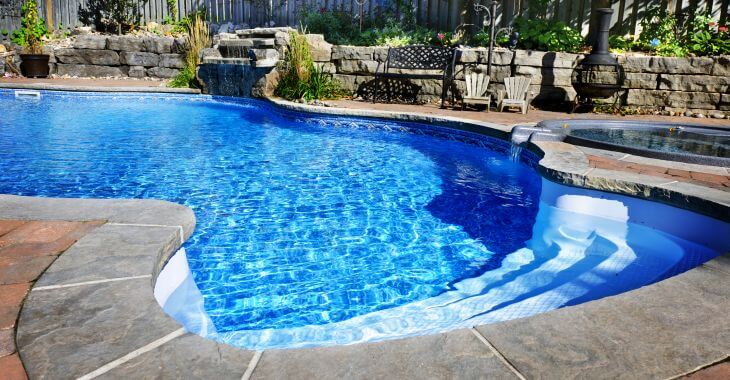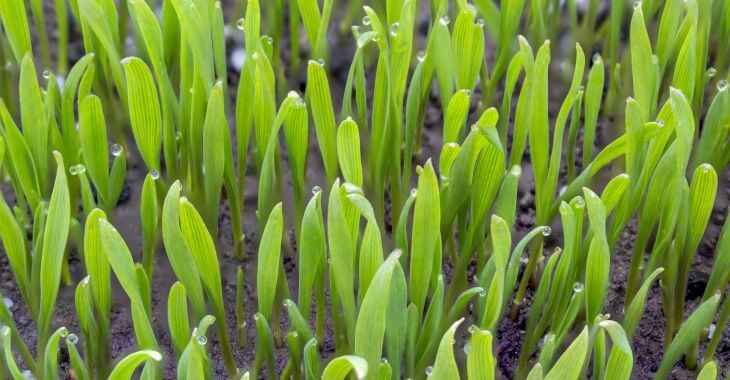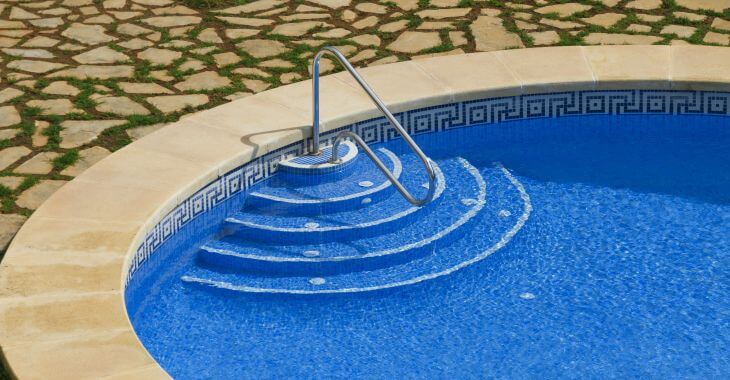How to Get Rid of Black Algae in Pool
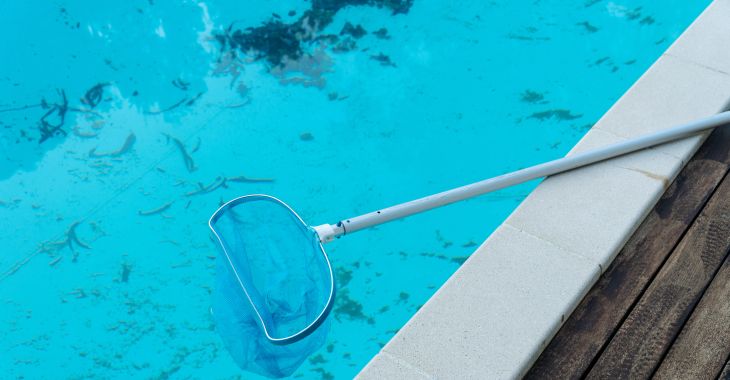
Picture this: you step out to enjoy a refreshing dip in your pool, only to be greeted by unsightly black spots dotting the surface. Panic sets in as you wonder if it is a black algae infestation, a notorious nuisance for pool owners. Now you wonder how to get rid of black algae in pool.
However, before you launch into full-scale algae warfare, it is crucial to discern whether those spots are indeed algae or something entirely different. There are other possible causes of dark discolorations in the pool water, so it is important to know when black spots in pool are not algae.
Understanding the Enemy
Black algae, notorious for its stubbornness, typically appear as small black dots adhering firmly to pool surfaces. It is known for its resilience against conventional pool treatments and requires specific eradication strategies. However, not all black spots in pools signify algae.
There are times when black spots in pool are something other than algae. Other culprits like mold, mineral deposits, or even debris accumulation can mimic the appearance of black algae. There are ways to determine whether black spots in your pool are algae.
Identifying Black Algae
Before diving into treatments, it is vital to confirm whether you are dealing with black algae. True black algae spots tend to have a slimy texture and are challenging to brush off. They often embed themselves into pool surfaces, making them resistant to standard cleaning methods.
If the spots yield to brushing easily, they might not be black algae. Try wiping them away with a cloth or brush. If you can wipe them away, they are more likely mold or other issues that can cause black spots in pools but are not black algae.
The Importance of Water Testing
Regardless of the spot’s identity, irregularities in water chemistry can exacerbate pool problems. Conduct a thorough water test to gauge pH levels, chlorine concentration and overall water balance. Proper water chemistry not only prevents algae growth but also aids in identifying the black spots.
Targeted Treatment for Black Algae
Should your investigation confirm the presence of black algae, it is time to initiate targeted treatment. Your best bet is algaecides formulated specifically for black algae, often containing copper compounds. There are many reliable algaecides that are effective in eliminating black algae in pools.
To perform algaecide treatment, you can follow the instructions on the packaging. Thoroughly brush the affected areas to break through the algae’s protective layers, allowing the algaecide to penetrate effectively. You can also contact a local landscaper or pool company that offers black algae treatment.
Shock Treatment
In severe cases, employing shock treatment alongside algaecides can provide a powerful one-two punch against black algae. Shocking the pool raises chlorine levels to levels lethal for algae while oxidizing organic contaminants.
However, exercise caution and follow manufacturer guidelines to prevent over-shocking, which can damage pool surfaces and equipment. To be safe, it may be best to hire a professional to perform the shock treatment to avoid unnecessary damage to your pool area.
Preventive Measures
Prevention reigns supreme when it comes to battling black algae. Regular maintenance routines, including proper filtration, brushing and maintaining adequate chlorine levels, create an environment inhospitable to algae growth.
Additionally, consider utilizing a reliable algaecide as part of your routine maintenance to ward off potential algae outbreaks. If you have professional pool service, talk to your professional about adding algaecide to your maintenance routine.
Beyond Algae: Alternative Causes of Black Spots
If the black spots persist despite targeted treatments, consider alternative causes beyond algae. Mold, commonly found in damp environments, can thrive in neglected pool areas. Regular cleaning and disinfection, especially in shaded or poorly ventilated areas, can prevent mold infestations.
Mineral Deposits
Hard water rich in minerals can leave behind unsightly deposits on pool surfaces, mimicking the appearance of black algae. Utilize descaling agents specifically formulated for pools to dissolve mineral buildup and restore the pool’s aesthetic appeal.
Debris Accumulation
Accumulated debris, such as leaves, dirt or even dead insects, can create dark spots on pool surfaces. Regular skimming and vacuuming not only maintain water clarity but also prevent debris buildup that could obscure the true cause of black spots.
Consulting a Professional
In perplexing cases where black spots persist despite diligent efforts, seeking professional assistance is prudent. Pool experts possess the knowledge and specialized equipment to diagnose and remedy stubborn pool issues effectively and can prevent black spots in pool, not algae, from occurring.
Dealing with black spots in your pool demands a blend of vigilance, targeted treatment and preventive measures. While black algae is a formidable foe, it is essential to consider alternative causes for those unsightly spots.
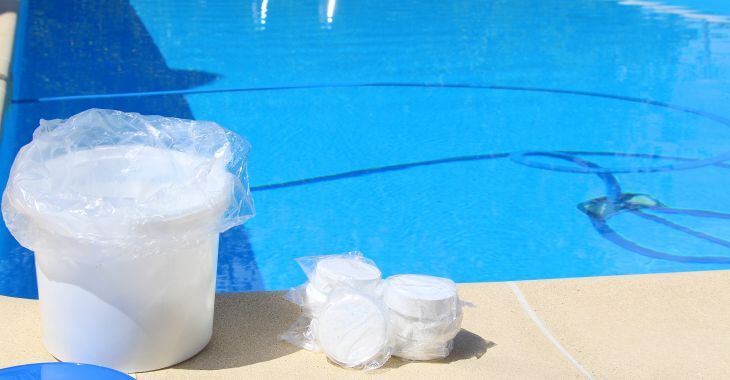
By understanding the enemy and implementing proactive maintenance, you can reclaim your pool’s pristine allure and enjoy carefree swims all season long. For help on how to get rid of black algae in pool, contact a local pool professional.
